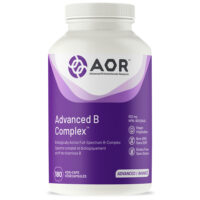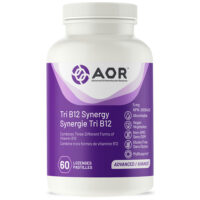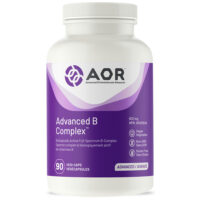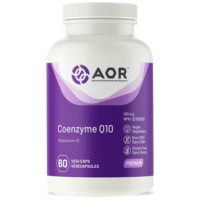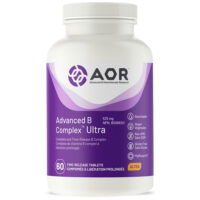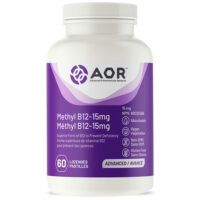The allergy season can be the bane of life for many people whose immune system offers no protection against the allergens that cause a myriad of conditions. Today, however, bee pollen can act as a firewall that allows the immune system to effectively counteract the symptoms associated with allergies. What allergies can bee pollen help treat? Let’s take a closer look.
Allergies can come in many forms, including hay fever, asthma, hives, sinus problems, bronchitis, colitis, conjunctivitis and, in the worst case scenario, anaphylaxis or anaphylactic shock. In order to combat these allergies, bee pollen has been offered as not only a short-term solution, but a long-term preventative measure.
Bee pollen contains proteins, amino acids, and vitamins. In fact, studies have shown that bee pollen is rich in nutrients as well. But the most important effect bee pollen has is known as desensitization. Basically what this means is that when bee pollen is administered, it will build up antibodies so that any future allergens have less or no effect on the immune system.
For example, let’s assume an individual is allergic to cat dander. When bee pollen is taken, the antibodies build up by developing what is known as immunoglobulin. These protect the body against foreign invaders (such as cat dander) and the immune system reacts immediately to the foreign invader so that future contact with cat dander produces no allergic response whatsoever.
In one study, patients were given bee pollen for three years and the results were that 94% remained free of all allergy symptoms. All of the aforementioned conditions associated with allergens were completely cleared among those who were given bee pollen. This is great news for allergy sufferers.
Allergies are emitted from the environment, food, pets, grass, mold, and insects. If you’ve ever had an allergy, you know it can wreak havoc on the body and state of mind. This is why more and more people who suffer from allergies prepare by taking bee pollen to avoid the misery and conditions that are the immediate cause.
Note that before taking any form of bee pollen, it is important to ascertain whether or not you are sensitive to the pollen itself. Pregnant women, children, and nursing mothers should not take bee pollen since there is no present data confirming its efficacy for this group. Consult with your doctor to make a factual determination.


